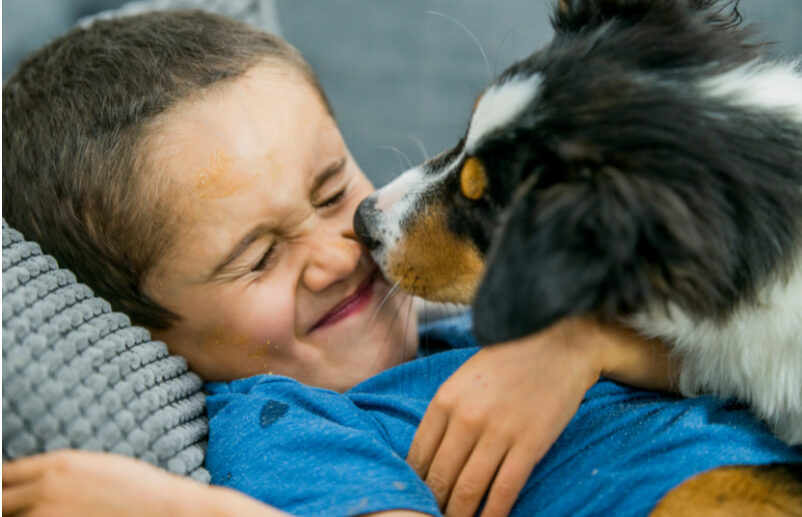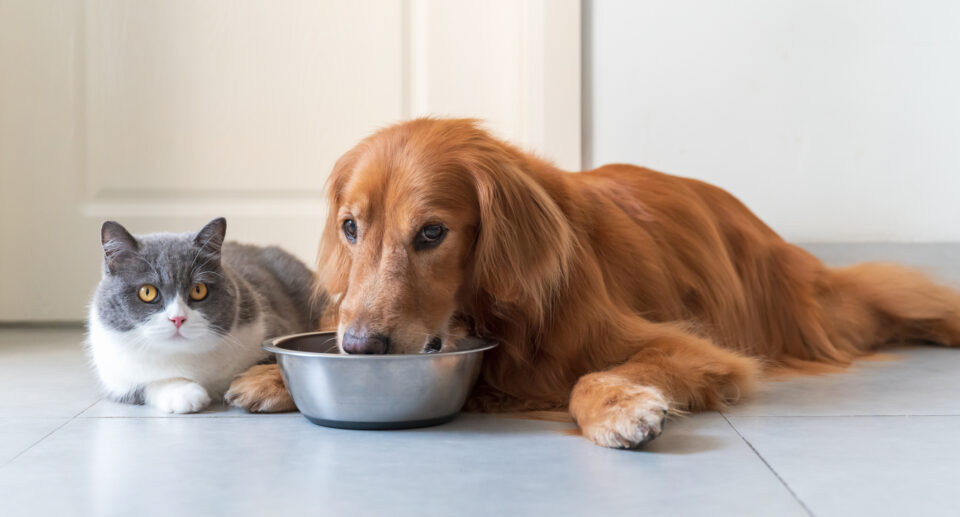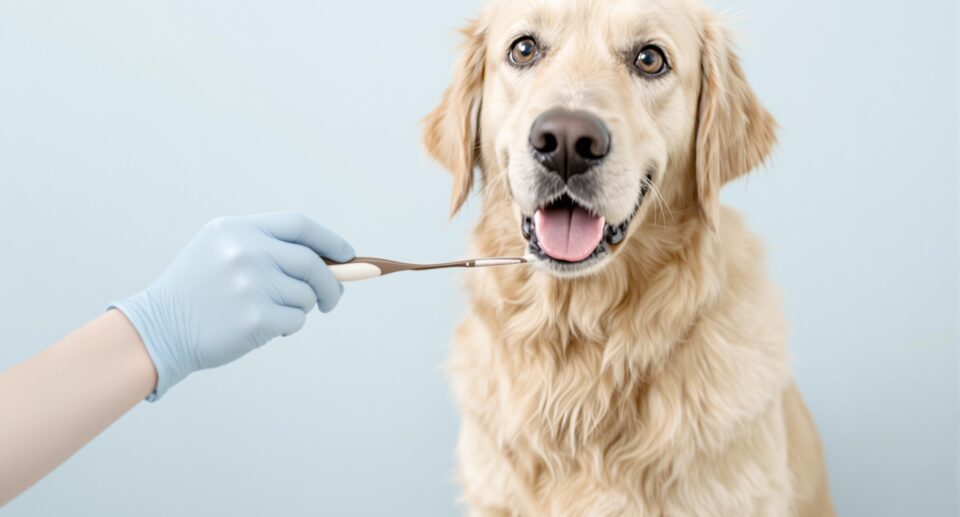
Most puppy parents don’t mind the sweet, mild scent of “puppy breath.” But if you’re hit with a gag-inducing stench when they yawn or give you kisses, it might be a sign something’s amiss in their tiny mouth. Learn what bad breath in puppies can tell you about their health.
Teething
If your puppy’s breath has changed from mild and sweet to pungent and sour, it might be because they’re growing up. At about four to seven months of age, your puppy’s baby teeth will dissolve at the root, loosen, and fall out to make room for their adult teeth. You may notice the musty, metallic odor of blood on their breath, it can smell like a handful of pennies. Though this is normal at this stage of their development, it’s the perfect time to get them accustomed to having their mouth examined and cleaned. Take care when brushing your puppy’s teeth, though, as lost baby teeth leave behind sockets that may be sore until the adult teeth pop up.
Coprophagia (poop eating)
If your puppy’s mouth smells an awful lot like their opposite end, there’s a chance they’ve recently eaten poop. While your puppy is still with their litter, their mother instinctively licks up urine and feces to keep their den clean. Puppies tend to carry over this behavior during their first few months of life. They may eat their own poop, as well as that of other dogs in your home, or they may even peruse your cat’s litterbox for forbidden snacks.
Most dogs outgrow this habit by the time they’re a year old. In the meantime, you’ll need to clean up their poop before they have a chance to access it. Also, make sure your puppy is dewormed as per your veterinarian’s recommended schedule.
Poop eating can persist into adulthood, though. It may be linked to anxiety, nutritional deficiences, or stress. To discourage it, sprinkle For-Bid Anti-Coprophagia supplement over their meals. The powder contains enzymes that cause feces to taste bitter.
Food particles and bacteria
While bad breath due to gingivitis is extremely common, affecting up to 90% of dogs over age three, it’s not as common in puppies. However, it can happen if your puppy has retained baby teeth.
Normally, adult teeth grow in just beneath the puppy’s baby teeth. This allows the adult tooth to dissolve the root of the baby tooth, making it loosen and fall out. Sometimes, though, the adult tooth grows in beside the baby tooth, rather than in its place. Since the root is not dissolved, the baby tooth never becomes loose.
A puppy with retained puppy teeth will have one or more teeth overlapping. You might notice two canines on one or multiple sides of their mouth. Overlapped, overcrowded teeth tend to have more hard-to-reach crevices in which food residue can get stuck. Rotting food between teeth leads to rancid odors, and also feeds oral bacteria that causes bad breath and gum disease.
If your puppy has retained baby teeth it’s best to see your veterinarian as soon as you notice. The sooner the baby teeth is removed, the higher the chance the adult tooth will shift into its proper position.





